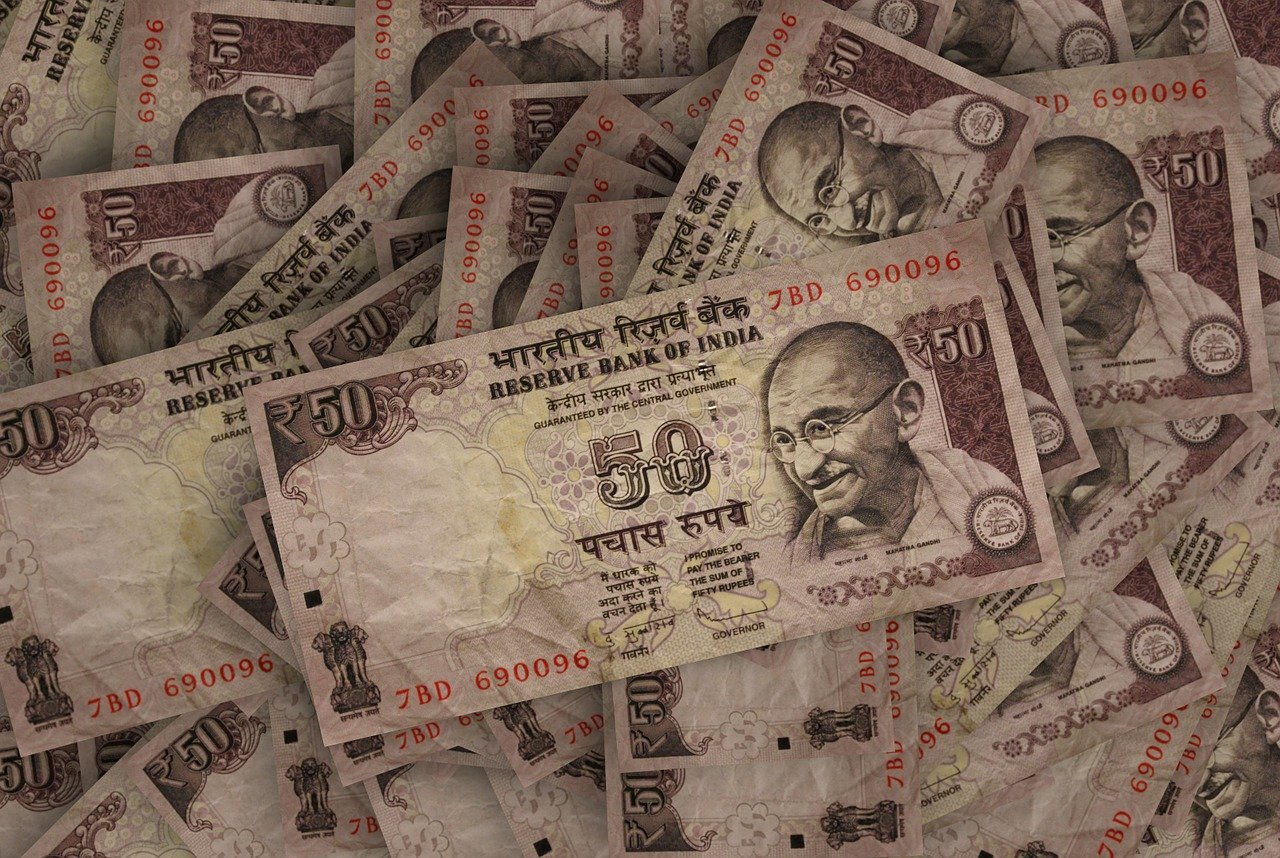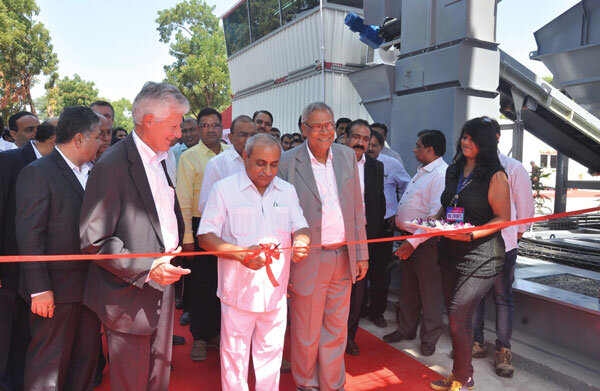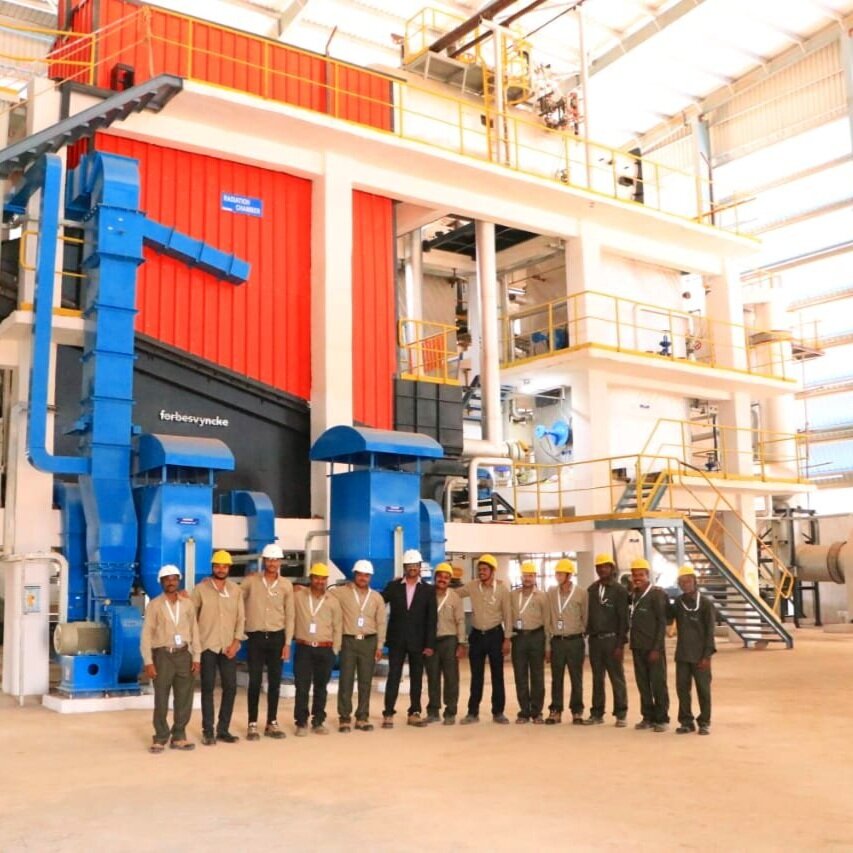What is the smartest way to finance your subsidiary or branch in India? This is often a thorny issue for European companies, partly due to Indian regulations. We have listed the various strategic options for you.
Start-up capital
The financing options for your Indian business depend on the legal form of your business in India. The most common legal forms are the Private Limited (Pvt. Ltd) and the Joint Venture (JV), with an Indian company as co-owner. At the time of incorporation, the capital the company will start with is determined by the number of shares issued.
The minimum start-up capital of an enterprise in India is set by law at INR 100,000 (EUR 1,200). Many companies choose to contribute this minimum start-up capital, but bringing in more capital at the outset can solve financing issues in the future. This is because bringing in working capital at a later stage is subject to more rules.
Working capital
Do you need working capital in India? A quick and easy way to raise working capital is to pre-invoice planned exports of products or services to the parent company. The subsidiary may invoice services it supplies or plans to supply in the near future (pre-invoicing) to the European parent company. An advantage of pre-invoicing is that it can quickly generate the necessary cash flow for the Indian company. In case of a joint venture with an Indian partner, financing through (pre)invoicing depends on the agreements between the two JV partners.
Loan for your Indian entity
Does your Indian subsidiary need capital to make investments in India? There are several options for this, but none of them are easy, quick or cheap. The subsidiary can take out a loan from the parent company in Europe, but this is only possible under a so-called External Commercial Borrowing (ECB) construction. Applying for an ECB is a bureaucratic and time-consuming process, but it has a big advantage: the interest rate on an ECB loan to an Indian party is based on LIBOR + a premium of up to 300 basis points.
Financing through an Indian bank
Indian banks can also provide loans, but the extremely high interest rates rarely make this option attractive or feasible. Interest rates on credit from local Indian banks start at 10-12% and can easily rise above 15%. Only with a cash deposit as guarantee can a lower rate be negotiated in some cases. Apart from the sky-high interest rates, Indian banks routinely ask for collateral if you want to apply for a loan. To organise the paperwork with the bank, you need a local consultant. In addition, you pay the bank an administrative fee of 1% on average. At local banks, you can raise a maximum of EUR 1 to 2 million in this way.
If you need more capital, you can apply to several banks at the same time, which can provide a loan as a consortium. Of course, this only makes obtaining the loan more complex and expensive. In short, borrowing from an Indian bank is really only an option if the Indian branch's cash requirements are extremely high and there will be an almost certain and substantial return on investment by taking out the loan.
International development banks
What other options are there? For projects supported by the Indian government, you can turn to development banks such as IFC (World Bank) and the Asian Development Bank. Chinese banks may also be an option, although these often stipulate that the loan must be spent on products or services of Chinese (state-owned) companies.
Issue additional shares
Finally, it is also possible to raise finance by issuing additional shares in the Indian company. Increasing the share capital is a relatively sustainable, formal and institutionalised way to grow the Indian subsidiary. Moreover, it signals to the outside world that the parent company is serious about developing the services or products of the subsidiary in India.
There are two disadvantages to this route. Issuing new shares is a bureaucratic and time-consuming process and cannot therefore be arranged at short notice. In the event of acute cash flow problems, this does not offer any solace. Another possible disadvantage of increasing the share capital is that it may affect the ownership of the company, especially in JVs with Indian partners.
Want to know more about the best financing options for your business?




